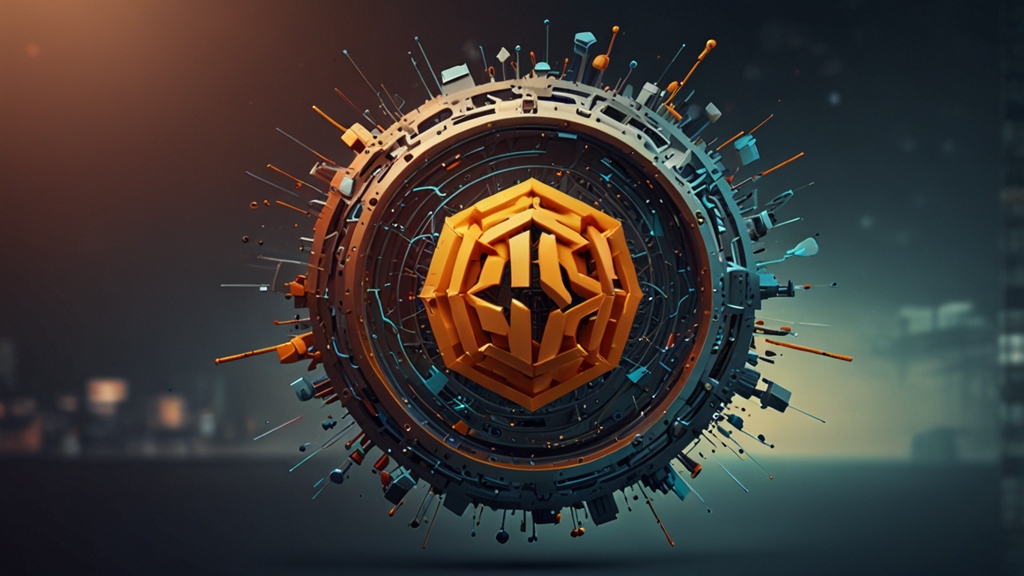The Knowledge Paradox: Epistemology's Role in Our Lives
In our daily quest for understanding the world around us, we often encounter a phenomenon known as the knowledge paradox. This paradox arises from the realization that the more we know, the more we recognize the vast expanse of what we do not know. At the heart of this intellectual journey lies epistemology, the branch of philosophy concerned with the theory of knowledge. It examines the nature, scope, and limits of human understanding, playing a crucial role in our lives by shaping how we perceive and interact with the world.
Understanding Epistemology
Epistemology explores fundamental questions such as: What is knowledge? How is knowledge acquired? Can we truly know anything for certain? These inquiries have profound implications for various aspects of our lives, from personal decision-making to societal progress.
By studying epistemology, we gain a framework to critically assess our beliefs and the information we encounter. It helps us distinguish between justified beliefs and mere opinions, fostering intellectual humility and a deeper appreciation for the complexity of human understanding.
The Knowledge Paradox
The knowledge paradox is epitomized by the Socratic paradox: "I know that I know nothing." This statement captures the essence of epistemological inquiry—it highlights the limits of human knowledge and the importance of recognizing our own cognitive limitations.
"To know that you do not know is the best. To pretend to know when you do not know is a disease." — Laozi
As we delve deeper into any subject, we uncover more questions than answers. This expanding horizon of ignorance can be both humbling and inspiring, driving us to continually seek knowledge and understanding.
Epistemology in Everyday Life
Epistemology's influence extends far beyond academic circles. It impacts our daily lives in various ways:
Critical Thinking
By applying epistemological principles, we become better critical thinkers. We learn to evaluate the credibility of sources, identify logical fallacies, and construct valid arguments. This skillset is essential in an age where information is abundant, but not always reliable.
Decision-Making
Epistemology enhances our decision-making process. By understanding the nature of knowledge, we can make more informed choices, weighing evidence and considering multiple perspectives. This leads to better personal and professional outcomes.
Empathy and Open-Mindedness
Recognizing the limitations of our own knowledge fosters empathy and open-mindedness. We appreciate diverse viewpoints and are more willing to engage in constructive dialogue. This is crucial for building harmonious relationships and inclusive communities.
Scientific Progress
In the scientific realm, epistemology underpins the development of theories and the pursuit of truth. It encourages rigorous questioning and systematic investigation, leading to advancements that shape our world.
"The more I learn, the more I realize how much I don't know." — Albert Einstein
The Future of Epistemology
As we navigate the complexities of the modern world, the role of epistemology becomes increasingly significant. In an era marked by rapid technological advancements and information overload, the ability to discern truth from falsehood is invaluable.
Educational systems must prioritize the teaching of epistemological principles to equip individuals with the tools needed for lifelong learning and critical analysis. This will empower future generations to approach challenges with a curious, open, and discerning mindset.
Ultimately, epistemology enriches our lives by deepening our understanding of what it means to know and be human. It reminds us that while our knowledge may be finite, our capacity for inquiry and growth is boundless. Embracing the knowledge paradox, we find wisdom in the recognition of our own ignorance, and inspiration in the endless pursuit of understanding.










